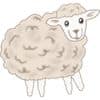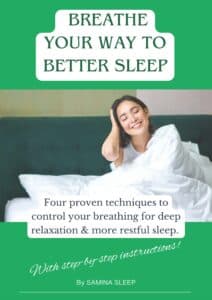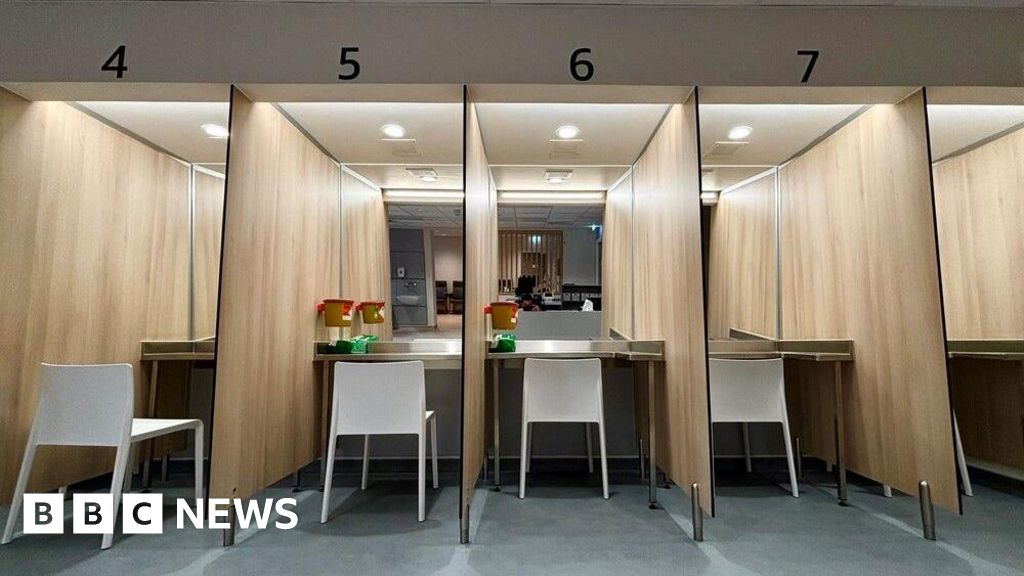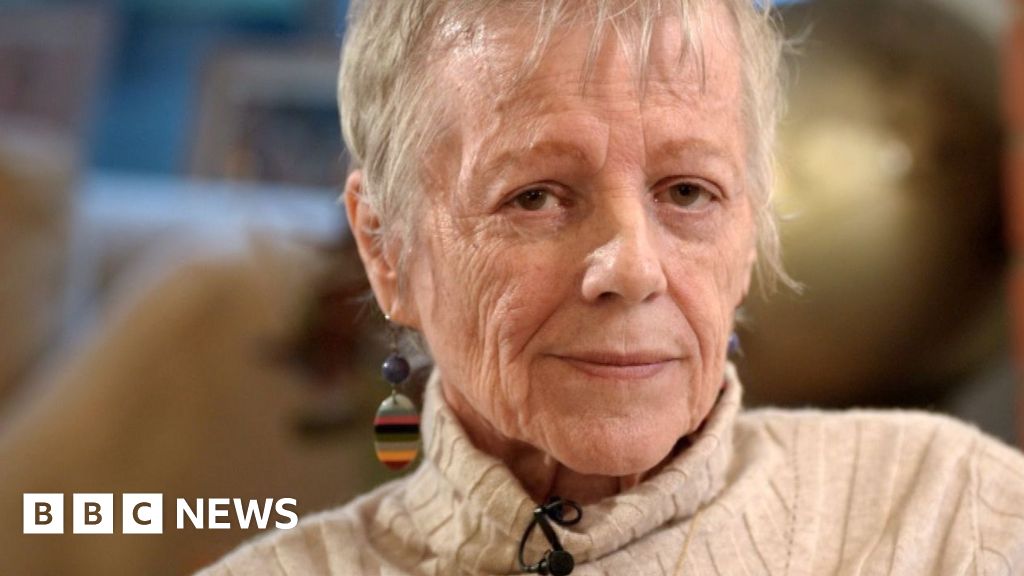In a world where the pace never seems to slow down, a good night’s sleep can be elusive for many. The traditional remedy of counting sheep has long been associated with coaxing one’s mind into a state of tranquility, but is there more to the story?
This comprehensive article aims to not only debunk the myth of sheep counting, but also to provide practical tips to help you fall asleep faster and achieve your best sleep yet.
Understanding the Myth of Counting Sheep
 Did you ever count sheep? It’s an age-old practice that has roots dating back to the early 20th century. The concept is simple: envision a series of sheep jumping over a fence. Focusing the mind on a repetitive and somewhat monotonous task helps it fall asleep.
Did you ever count sheep? It’s an age-old practice that has roots dating back to the early 20th century. The concept is simple: envision a series of sheep jumping over a fence. Focusing the mind on a repetitive and somewhat monotonous task helps it fall asleep.
While counting sheep has been an everyday remedy for difficulty falling asleep, its effectiveness varies among individuals. Some people even stay awake afterward.
Decoding Sleep Cycles
As we surrender to the embrace of nightly rest, our brains orchestrate a fascinating symphony of sleep cycles.
Contrary to the perception of sleep as a monolithic state, it is a dynamic process characterized by two principal types: REM (rapid-eye movement) sleep and non-REM sleep. Within the non-REM sleep, we traverse four distinct stages, each contributing uniquely to our physical and mental restoration.
The journey begins with the first stage, bridging wakefulness and sleep. The second stage marks the onset of light sleep, regulating heart rate, breathing, and body temperature. The third and fourth stages usher in the deep sleep crucial for our rejuvenation.
As the night progresses, the cycles repeat, with REM sleep featuring rapid eye movements, dream-filled moments, and brain patterns akin to wakefulness.
Circadian Rhythms and Sleep Drive: Your Body’s Built-In Sleep Controls
The impact of quality sleep extends far beyond the realms of mere rest. Adequate sleep is essential for brain plasticity, a term denoting the brain’s adaptability to new information and experiences. As we sleep, the brain processes and consolidates learned information, facilitating memory retention.
Moreover, sleep plays a pivotal role in overall health. Insufficient sleep has been linked to heightened risks of depression, seizures, high blood pressure, migraines, compromised immunity, and even metabolic disturbances leading to a prediabetic state.
The intricate connection between health and sleep underscores the importance of prioritizing quality rest as a cornerstone of our well-being.
Practical Tip #1: Visualization Techniques
While counting sheep might not be the perfect solution to falling asleep, the underlying principle of mental diversion holds merit.
When you’re getting ready for bed, try imagining a chill place, like a calm beach or a peaceful forest. Let your mind wander there, and it can help you forget about any stress from the day. It’s like a mini-mental vacation that makes falling asleep easier. Give it a shot!
Practical Tip #2: Create a Calming Bedtime Routine
Establishing a bedtime routine to calm and quiet yourself signals your body that it’s time to wind down. Engage in activities that promote calmness and relaxation, such as reading a book, taking a warm bath, or practicing gentle stretches.
The blue light from screens messes with melatonin, the sleep hormone. So, if you’re aiming for some quality shut-eye, give your phone and other devices a break before hitting the hay. Your sleep will thank you!
Practical Tip #3: Relax Your Body, Relax Your Mind
If it were easy to relax and calm yourself, people wouldn’t have so much trouble falling asleep. Yet, racing thoughts and worries running through your mind often prevent you from doing so. This is when you need to exert a little extra effort: controlling your breathing is a simple health hack that works by activating your parasympathetic nervous system so you can relax both your mind and your body. Get “Breathe Your Way to Better Sleep,” our downloadable guide with four different techniques and step-by-step instructions to find the one that works for you.
Practical Tip #4: Choose the Right Bed Mattress
When opting for an organic mattress, scrutinize the fine print. If trademarked materials are involved, they might lean toward being synthetic containing who knows what chemicals without full disclosure.
Also, be wary of mattresses labeled “organic” with as little as 70% organic content; verify with reputable certifications for authenticity. You’ll rest easier and breathe better on a carefully selected organic mattress with certifications like GOTS or GOLS for authenticity as important indicators.
Finally, look for mattresses that support proper inclination for optimal comfort and health benefits. Modern mattresses with metal springs wrapped in materials like flax and cotton offer safer alternatives, minimizing concerns related to electromagnetic fields.
The Bottom Line: Find Your Best Sleep
In conclusion, the journey to achieving our best sleep is a multifaceted exploration of mental exercises, self-calming health hacks like the breathwork detailed in the free downloadable guide, “Breathe Your Way to Better Sleep,” and choosing the right bed mattress for your specific needs. For an evidence-based scientific approach to sleep, biohacker Siim Land shares how he achieves a regular score of 100 on his sleep app.
Discover SAMINA Sleep—not just an ordinary mattress but an extraordinary sleep system meticulously crafted for unparalleled comfort. Each layer within SAMINA serves a unique purpose, harmoniously working together to provide the optimal support necessary for you to effortlessly fall asleep and stay in a restful slumber.
It’s time for you to embrace the extraordinary and transform your nights into a realm of superior comfort and rejuvenation. Discover the SAMINA sleep system today!




